Mechelen has long presented itself as a vibrant cultural city, where historical splendour meets dynamic, contemporary arts and culture. At the centre of this energy is Cultuurcentrum Mechelen, a hub in a wide network of makers, companies, institutions, and volunteers.
How do you build sustainable, inclusive, and innovative cultural activity in such a city? Steven Defoor, Director of Leisure for the City of Mechelen, explains how vision, collaboration, and the courage to innovate keep Mechelen firmly on the cultural map.
"I'm a trained musician," he says. "Because I’ve experienced the artistic profession myself, I see what a stage means in a fundamentally different way. I know the whole circle: from management to technology, from playing in top venues to a sports hall where nothing sounds right. That experience helps me develop infrastructure, assess impact, and understand audience flows. I know how it feels to be an artist, but also to be an audience — and that allows me to make decisions that work for both." That personal background is a key driver behind his work and the choices he makes for culture in Mechelen.
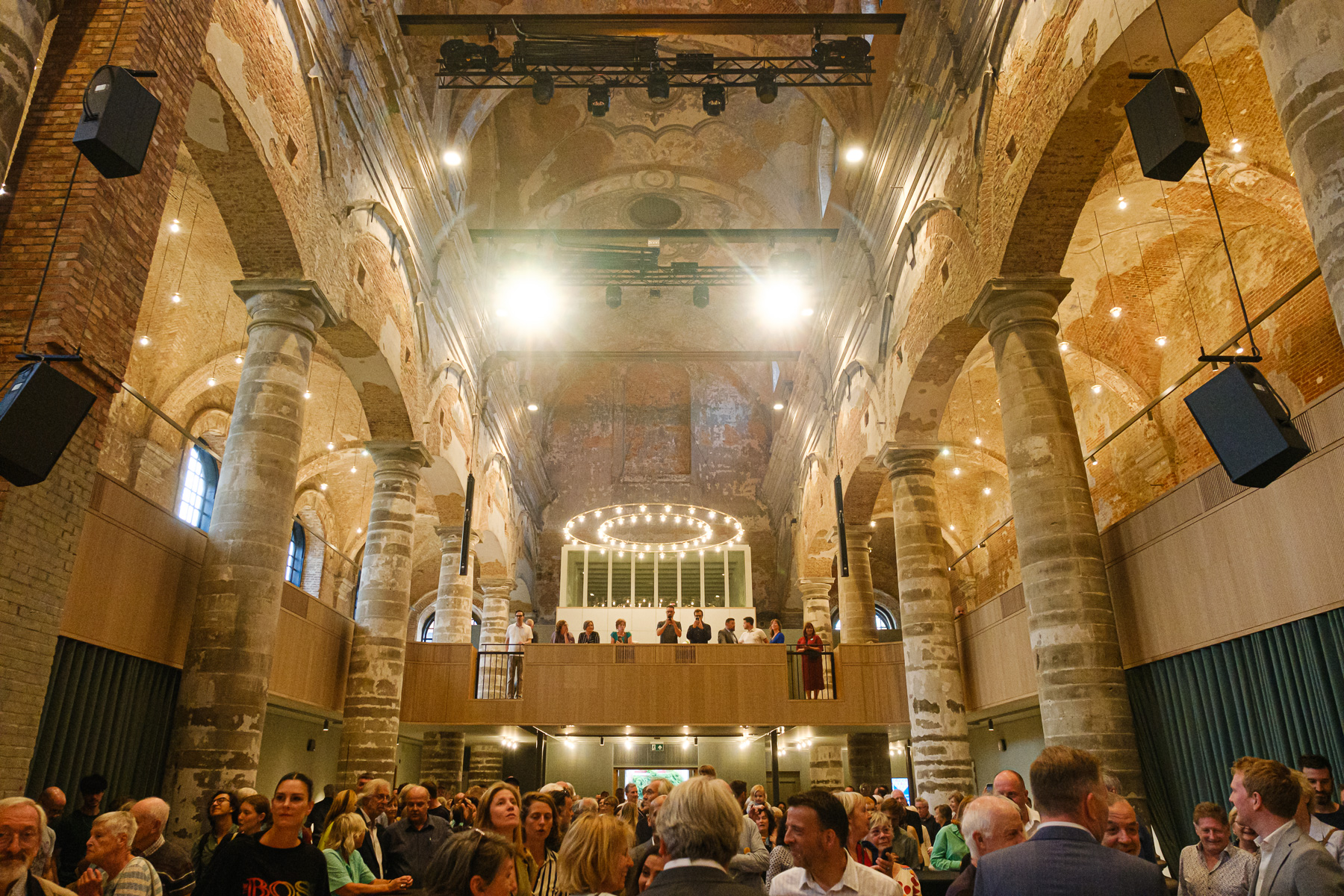
An ecosystem in motion
CC Mechelen has a reputation for being a leader, but according to Defoor, that has never been a goal in itself. “We want to have an impact on the community first and foremost. And we're not doing that alone. We work in an ecosystem of partners in the city and beyond. We share programming, ticketing, even infrastructure. In the end, we all do it for the same Malinois.”
Collaboration is therefore key. Take the school programs, for example, which are developed together with theater De Maan and theater arsenaal. “We offer one program, without competition. That makes it stronger and more balanced.”
That vision extends beyond the city as well. Mechelen is twinned with Lviv in Ukraine, where cultural projects are created together with the local community. “We also want to have an impact there — not just by delivering something, but by truly collaborating with people on site,” says Defoor.
But cooperation only works with partners who are open. “A partner focused solely on its own interests doesn’t fit into our ecosystem. It’s through talking, sharing, and tackling challenges together that we create better results.”
Innovation and different programming
Defoor sees it as a core task of CC Mechelen to test new formats and reach new audiences. “For me, ‘programming differently’ means not just going through a booker’s list and picking the shows most likely to sell. Instead, we start with the questions: what do we want to achieve, who do we want to reach, and what format fits best?
That can mean giving young talent a stage, experimenting with new spaces, or trying completely new formats. Not just ticking diversity boxes, but really building connections in a city of 138 nationalities.” Sometimes that works, sometimes it doesn’t. “And sometimes you have to admit: these other groups can do it better than us. Then we support them, instead of trying to do it ourselves.”
He cites the example of how circus grew into a full-fledged, 'CC-worthy' art form in Mechelen, with companies such as Circus Ronaldo, Collectif Malunés and the local circus school. “It's like it's something in the water,” says Defoor. Projects such as Outside-In, along with theater arsenaal and the talent development cell Radar, gave young artists the opportunity to show something in a professional format, even if it is just five minutes.
“Then you see that it works,” he explains. “Artists feel: this is for me, it’s growing here. Bookers and colleagues notice: wow, something’s happening, we should keep an eye on it. And the fact that we can do this together with others — supporting young artists and making an impact — strengthens creativity in the city. These are truly wonderful projects.”
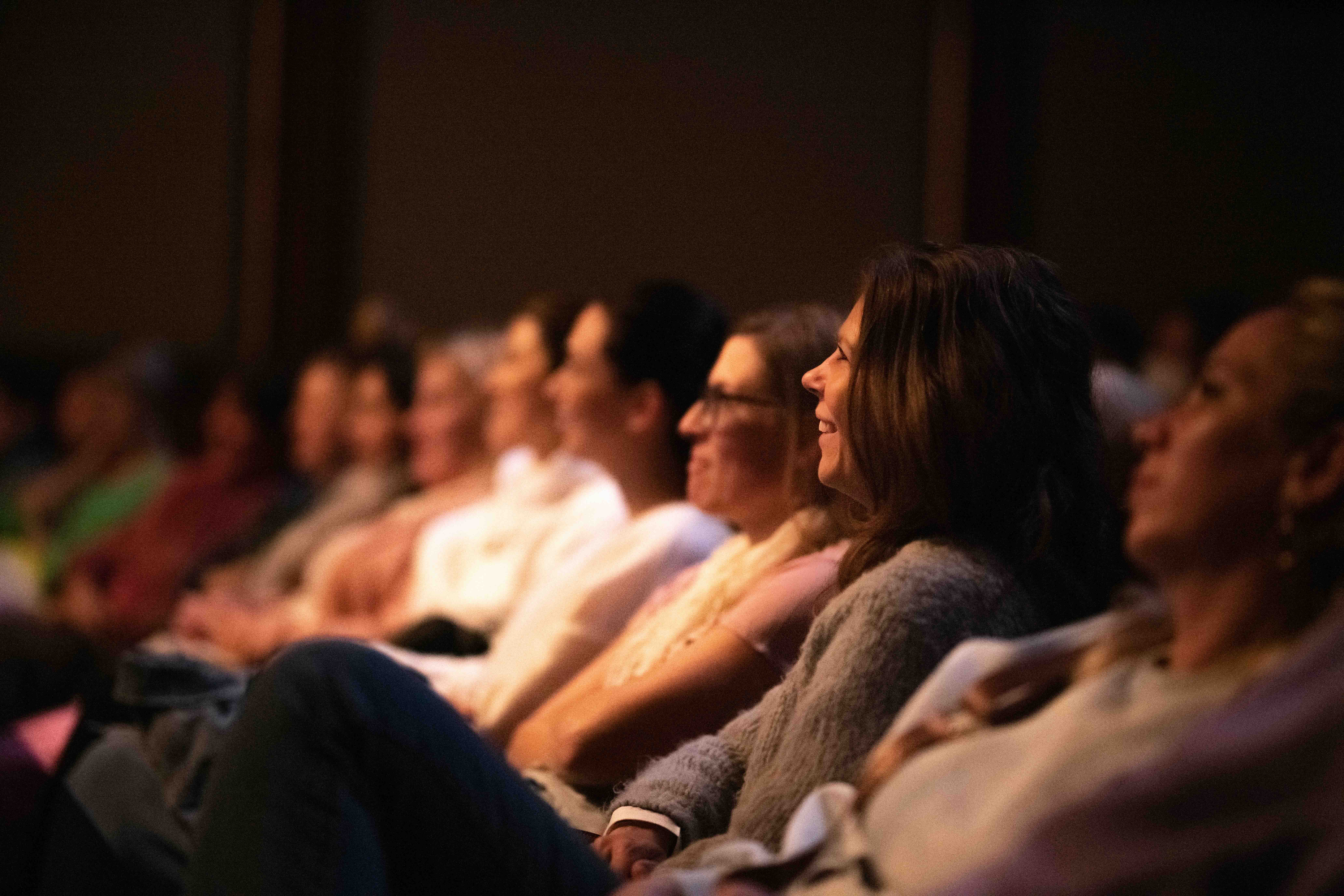
Fair and simple
For Defoor, accessibility doesn’t automatically mean low prices. “We’re among the more expensive CCs, but you get your money’s worth. If the acoustics are phenomenal and the atmosphere is right, you’ll gladly pay that extra euro.” Quality comes before quantity — both in the auditorium experience and in how tickets are sold.
CC Mechelen deliberately opts for simplicity: no complicated subscriptions, no friend passes, no discount tricks for three or more shows. “We just sell tickets. Simple. Everyone knows where they stand, and that works,” says Defoor. For those struggling financially, the extensive UiTPAS offer with reduced rates provides a necessary safety net — offered, importantly, without stigma.
Infrastructure also plays a decisive role. “I hate multipurpose venues,” Defoor says with a smile. “Put things in the right context and the experience improves. That attracts people. It’s about creating the right setting so both artists and audiences get the most out of the evening.”
Innovation in public relations
Innovation is not only about programming, but also about how audiences are reached. In 2020, in the middle of the pandemic, CC Mechelen switched to ticketmatic.
Our previous systems crashed during peak sales. Today, people expect the same frictionless experience they get at Bol.com or Zalando. Ticketmatic gave us that flow.
-- Steven Defoor
--- Director of Leisure, City of Mechelen
Together with city partners, they set up a shared ticketing system: each organization maintains its own identity, but visitors experience the same smooth process everywhere. “The point is that people can buy tickets without hassle, whether they land with us or one of our partners,” explains Defoor.
The results speak for themselves: more than 90% of all sales are digital, and the purchasing process is seamlessly integrated into the websites of all participating organizations. “After the switch, we immediately received emails: Finally, a sale that works. So easy. That’s when you know you’re on the right track.”
.jpg)
Culture as the heart of the city
In the coming years, Mechelen will receive a significant cultural boost with the creation of the Heart of Culture. In the historic city center, beneath the tower, existing and new cultural sites will be brought together and thoroughly renewed. The project includes the Minderbroederskerk, home to the Mechelen Cultural Center, TheAtrium, and other venues designed for specific genres. The Academy of Fine Arts and the Conservatory will also gain contemporary infrastructure, with a renovated auditorium and two new dance studios. By smartly connecting the buildings and surrounding courtyards, a unified space emerges where art, learning, and community meet — allowing creators, students, and audiences to find each other effortlessly.
According to Defoor, the project fits into a broader vision in which Mechelen sees culture as a driver of urban development. “Art and culture actively contribute to the well-being, identity, and character of your city. The return isn’t just financial, but lies in strength and visibility.”
This vision is deeply rooted in history. As early as the time of Margaret of Austria, Mechelen played a prominent role in art and culture. Today, that tradition continues with city leadership placing culture on equal footing with mobility and climate. For Defoor, the conclusion is clear: “The return of culture is not just in money, but in the strength and presence of your city — in Flanders and in Europe. More than ever, cities have the power to make a difference locally. We are close to citizens; we see and feel the impact of our choices. This applies to mobility and climate, but just as much to art and culture. The more you embrace the local and align your civil society, organizations, and offerings, the stronger a city will grow and thrive.”
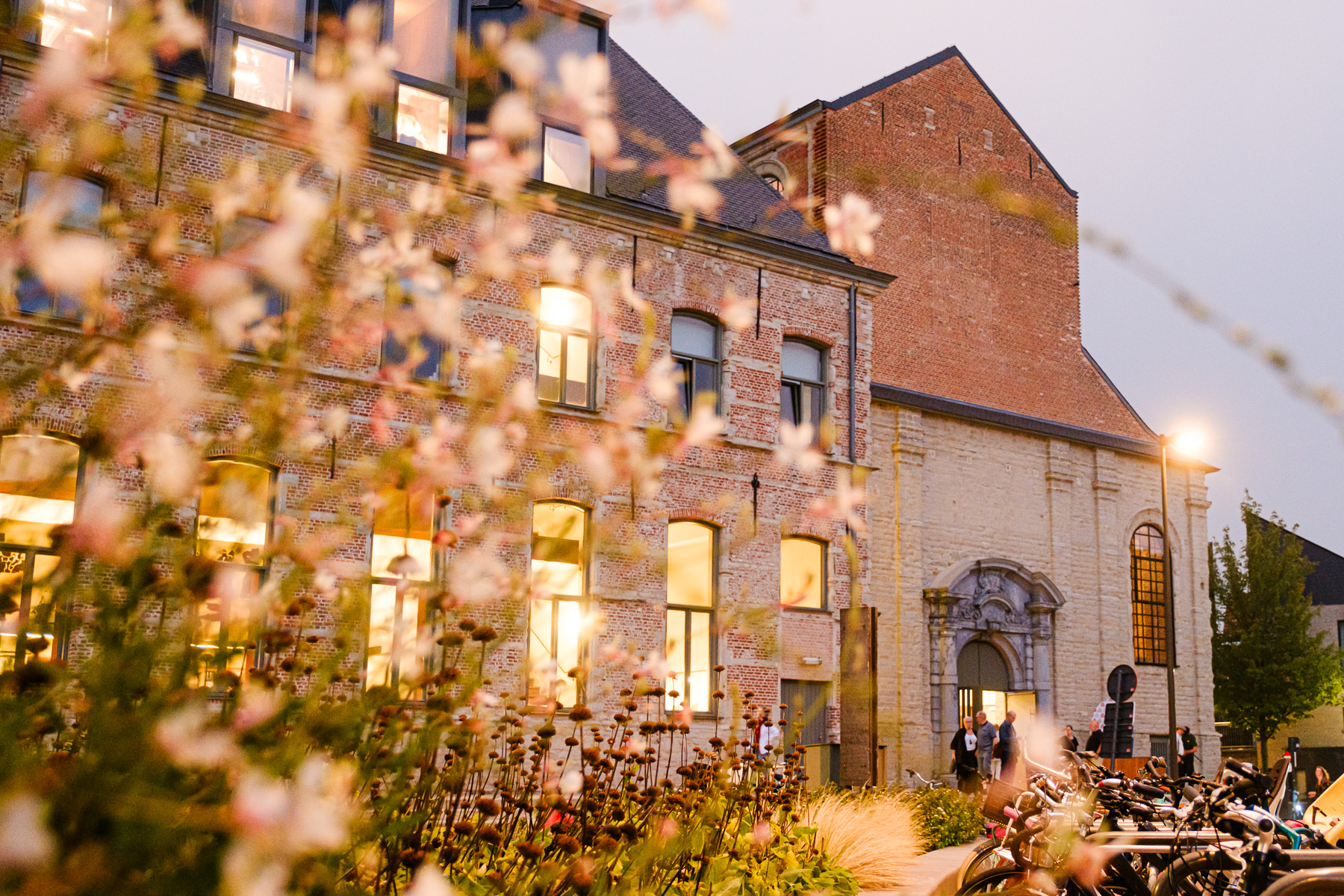
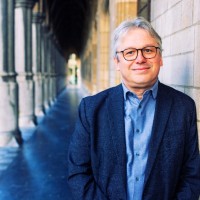
.jpeg)
.jpg)


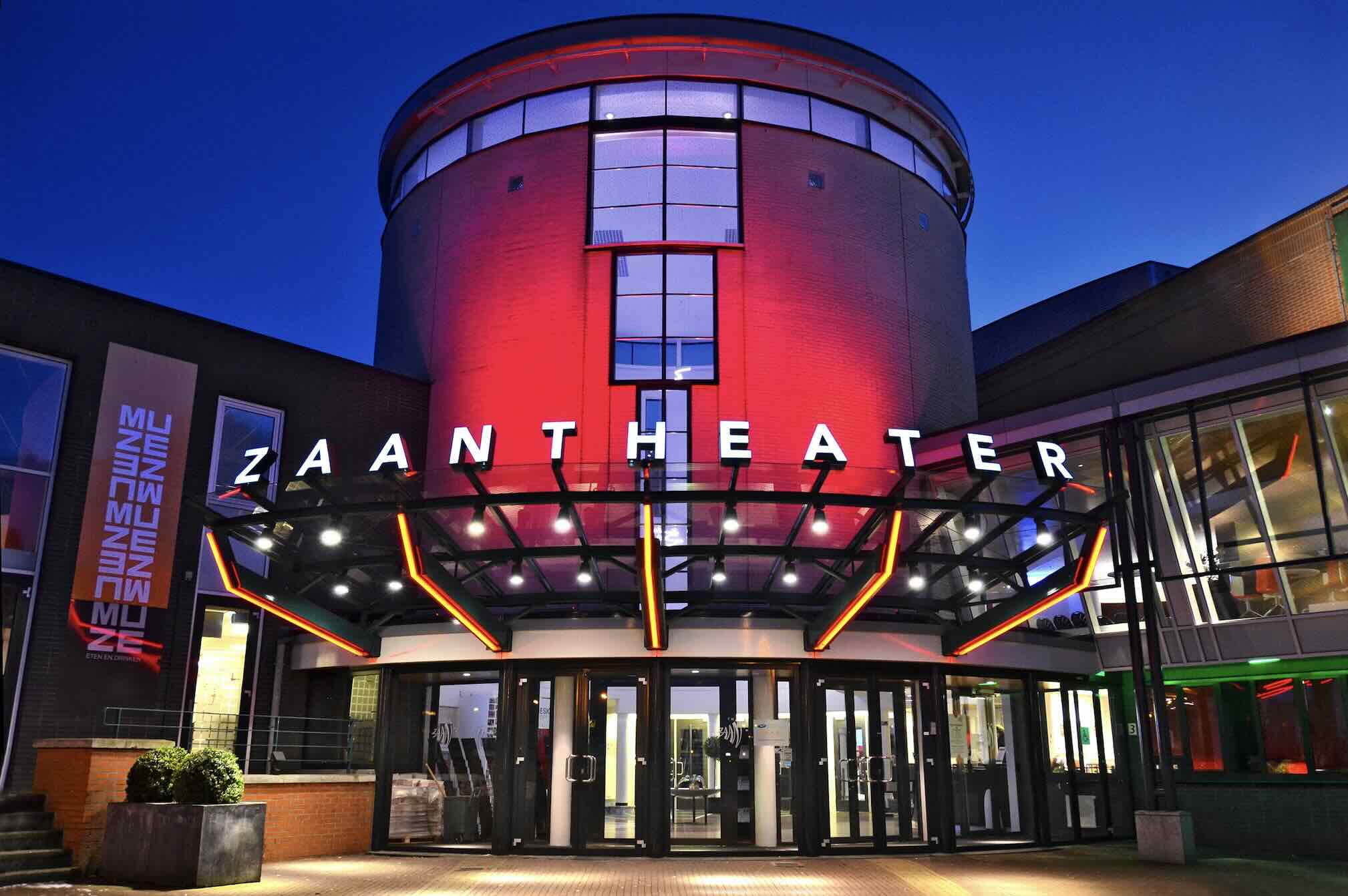

.png)

